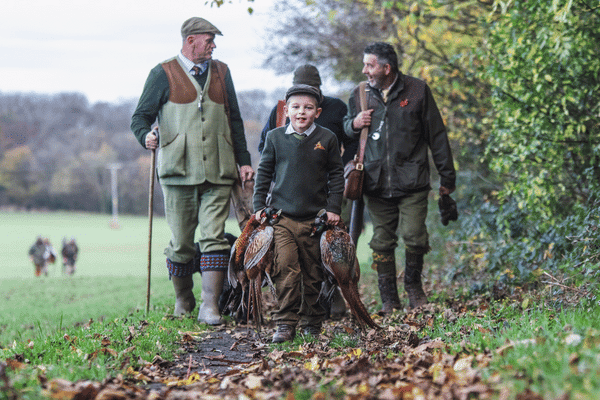
Respect the game
BASC head of press relations Jack Knott talks good game handling. This article was first published in the latest issue of Shooting and Conservation magazine.
Get information on the legal shooting season for mammals and birds in the UK.
Apply for funding for your project or make a donation today
Comprehensive information and advice from our specialist firearms team.
Everything you need to know about shotgun, rifle and airgun ammunition.
Find our up-to-date information, advice and links to government resources.
Everything you need to know on firearms law and licensing.
All the latest news and advice on general licences and how they affect you.
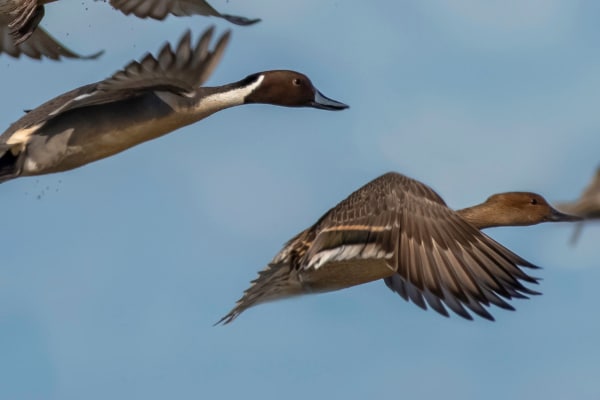

BASC will challenge proposals to remove or amend the right to take a sustainable harvest of wild bird species and is producing the ammunition to support its arguments, says Dr Conor O’Gorman.
Government reviews of the bird quarry lists are on the horizon. It looks likely that the first review will be in Scotland, then England and possibly Wales thereafter.
The fortunes for our quarry species are mixed. Pink-footed geese, for example, are experiencing serious population booms, while other species such as pochard and pintail are seeing long-term declines. In the event of a review, it is possible that some species will be added to the quarry lists, but we will certainly see proposals for some species to be removed from them.
And that’s a one-way trip, for I cannot recall an example of a bird species returning to the quarry list anywhere in the UK once it has been dropped.
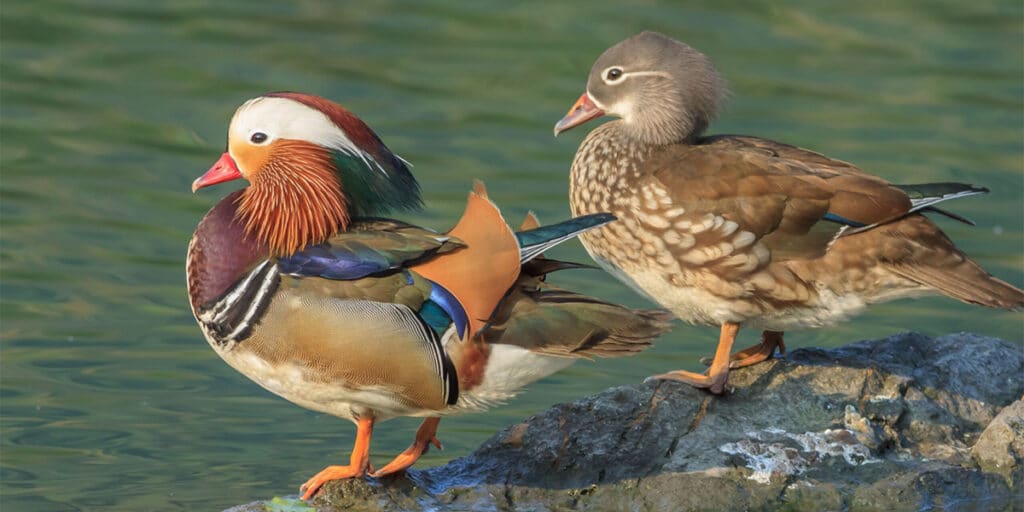
In the past, when faced with political pressure to take bird species off the quarry lists, BASC has pushed for a self-regulatory approach. Allowing harvesting to continue provides an incentive for the shooting community to carry out essential habitat creation, management and targeted conservation measures that may otherwise not take place.
Self-regulation has helped to build trust and wider buy-in, and provides faster and more effective conservation benefits than knee-jerk legislative changes.
Voluntary restraint on shooting birds during periods of severe winter weather – a process supported by shooters and conservation agencies – is a case in point. Voluntary measures that dictate when and where we shoot woodcock during the open season is another example.
However, in the current political climate, arguing for the status quo on the promise of self-regulation is going to be a hard sell, not least due to increasing polarisation and stakeholder distrust in any public debate about shooting.
With all this in mind, BASC has completed a detailed review of all UK quarry bird species, resulting in the creation of a ‘sustainable shooting framework’. The framework provides a structured process for us to make shooting and management recommendations for quarry bird species in a consistent, evidence-based manner.
I wrote about the initial phase of the review in the January/February 2022 issue of Shooting and Conservation magazine (‘The ‘S’ word’, page 43), and suggested that perhaps we need to adopt a more proactive approach instead of fighting each battle as it comes, looking further afield to ensure a long-term future for sustainable bird shooting.
For the review, we have looked at all bird species currently on the quarry lists, i.e. gamebirds, ducks, geese, waders and rails, and species that could warrant being added to the list, such as the Egyptian goose, woodpigeon, brent goose, and mandarin duck.
BASC’s senior scientific advisor Dr Cat McNicol led the BASC review, with the wider support of our conservation team.
The review included consideration of population abundance figures and trends, historical context, impacts on population and distribution (including impacts and benefits of shooting), international rules, guidance on breeding seasons, areas where conservation work by shooting community or government is required, and knowledge gaps.
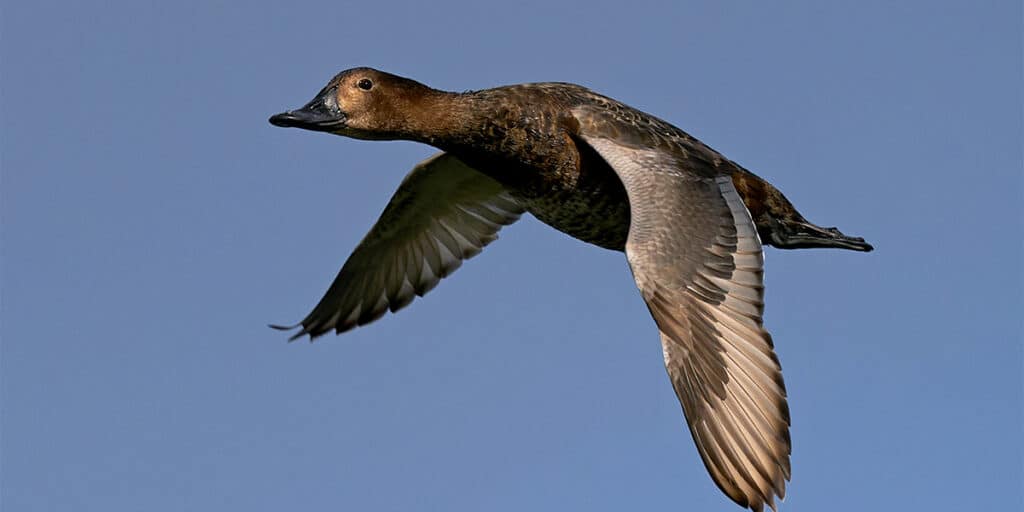
The UK is not alone in facing scrutiny of its quarry species lists, and the European Federation for Hunting and Conservation (FACE) provided detailed advice and guidance when we began our review. BASC Council had oversight of the review, too. Its advisory committees were consulted and the Wildfowling Liaison Committee played a key role in testing the framework and its processes.
Before we drill into the detail, let me outline BASC’s position on bird quarry species – approved by BASC Council in May 2023 – which states: “BASC will challenge proposals to remove or amend the right to take a sustainable harvest of wild bird species. We will actively promote self-regulation as the best and most flexible approach to evidence-based issues in relation to wild birds. The evidence to underpin our approach will be developed using the BASC Sustainable Shooting Framework. BASC will lobby for the sustainable harvest of additional wild bird species when appropriate.”
The framework is a filtering process that helps us to prioritise species based on the available evidence. This ensures that we are credible and targeted in our approach. It also identifies research and conservation actions that may be required to maintain or improve the conservation status of our priority species.
The framework can also detail changes that are required in our approach to ensure we are taking a sustainable harvest. The options here are wide-reaching and targeted to deliver maximum conservation value; they range from ‘no change’ to voluntary shooting moratoriums. Other actions might include habitat improvements or improving our knowledge on species distribution and bag data.
The practical elements of these recommendations are being reviewed by a working group and the Wildfowling Liaison Committee to ensure they are feasible and reasonable for you, our members. It’s important to stress that the recommendations for each quarry bird species are not then set in stone in perpetuity – they need to be reviewed every three to five years so that new population trends, conservation statuses and peer-reviewed evidence can be considered.
Most of the species reviewed fell into the ‘no change’ or ‘minimal change’ categories, while more detailed actions might be needed for coot, black grouse, moorhen, pintail, pochard and ptarmigan.
There are pros and cons for both ‘proactive’ and ‘reactive’ approaches. These have been debated at length and, on balance, if we want to be successful in retaining or adding species to the quarry lists, a front-foot approach is required where we can truly influence the direction of travel.
What that means is not waiting for government consultations to arise but instead taking the initiative at all levels. We’ll be approaching other organisations and conservation agencies with our evidence-based recommendations.
We will continue to argue for selfregulation and the actions required to justify that for each species – and critical to this will be your support for any calls to action to help drive forward our long-term sustainable shooting objectives.
BASC’s research team are working with the University of Exeter to look into the changes in game bags over time.
If you have any game cards or game books, please share them with us.


BASC head of press relations Jack Knott talks good game handling. This article was first published in the latest issue of Shooting and Conservation magazine.
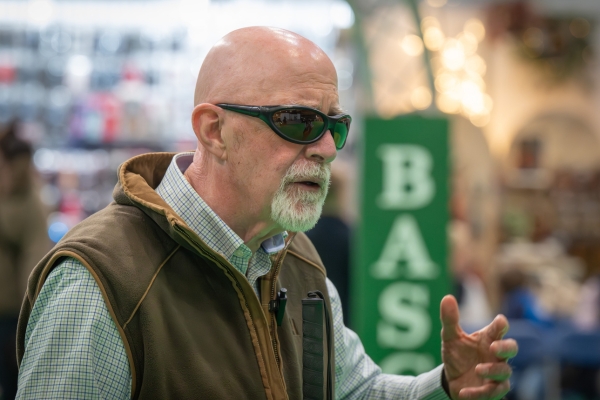
Brian Little’s visit to Crufts this year was his first since losing his sight. But with his wife as his guide, he experienced the event in a new and enriching way.
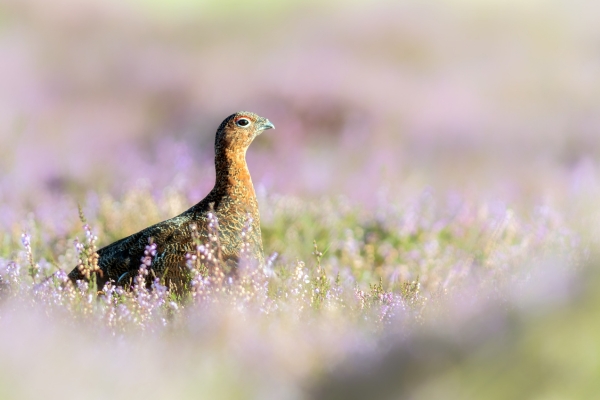
BASC is urging supporters of sustainable shooting to take immediate action in response to a Wild Justice petition calling for a ban on grouse shooting.
Sign up to our weekly newsletter and get all the latest updates straight to your inbox.
© 2025 British Association for Shooting and Conservation. Registered Office: Marford Mill, Rossett, Wrexham, LL12 0HL – Registered Society No: 28488R. BASC is a trading name of the British Association for Shooting and Conservation Limited which is authorised and regulated by the Financial Conduct Authority (FCA) under firm reference number 311937.
BASC Direct Ltd is an Introducer Appointed Representative of Agria Pet Insurance Ltd who administer the insurance and is authorised and regulated by the Financial Conduct Authority, Financial Services Register Number 496160. Agria Pet Insurance is registered and incorporated in England and Wales with registered number 04258783. Registered office: First Floor, Blue Leanie, Walton Street, Aylesbury, Buckinghamshire, HP21 7QW. Agria insurance policies are underwritten by Agria Försäkring.
If you have any questions or complaints about your BASC membership insurance cover, please email us. More information about resolving complaints can be found on the FCA website or on the EU ODR platform.